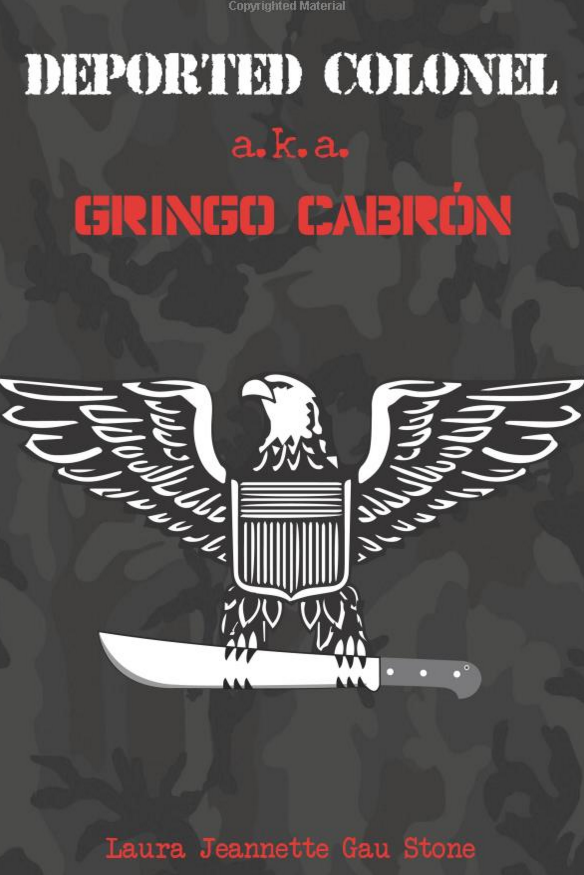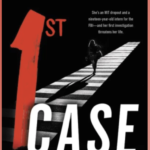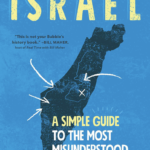Deported Colonel a.k.a. Gringo Cabron by Laura Jeannette Gau
 Deported Colonel a.k.a. Gringo Cabron by Laura Jeannette Gau Stone
Deported Colonel a.k.a. Gringo Cabron by Laura Jeannette Gau Stone
This book is meant to be a historical account by a woman who lived in Panama with her family during the reign of tyrannical dictator, Manuel Noriega. She refers to herself in this book as Jenny. The author’s actual name is Laura Jeanette Gau Stone. She is married to United States Army Colonel, Charles Stone. He was the American liaison to the Panama government in the 1980s. The United States at that time had initially been friendly to Noriega and his government until the Americans under President George Bush decided to use military force to remove Noriega from office.
The time period of this book was during the Noriega regime 1983 – 1989. The focus is mostly on Jenny and Chico (the nickname for Colonel Stone) as well as their their family which consists of three daughters. The story is written like a novel but it appears to be the true account of their life. We see how the Doberman (the Panama’s government version of the Nazi storm troopers) have no hesitation in arresting anyone, beating them or taking them off to prison where they can be tortured and killed. Yet the people tried to live a normal life working, sending their kids to school, and going to church. Periodically, there would be protests by groups of people who would try to hold peaceful demonstrations wearing symbolic white shirts. They were called the “Crusaders”. It seems as if the people were hopelessly naïve as Doberman and other designated government troops would frequently charge in and injure and arrest the protesters squashing their attempts at self-expression and opposition. Two of Jenny and Chico’s children at one point were arrested in such activities but fortunately,Chico was able to get them released although their car was destroyed. Chico gradually undergoes a metamorphosis in this thinking from being a loyal soldier who did not initially accept the inhumanities of the oppressive government that he was advising. He eventually was exiled to the United States while his family continued to live in Panama.
The book serves the purpose of educating the readers such as myself about the oppressive lives that the people in Panama had to live during this time. It showed how people could endure such oppression that they could not control and persevered to raise their children with an awareness of the situation but yet some semblance of normality. The gradual revelation of Colonel Stone in realizing the tyrannical nature of the Noriega regime probably is similar to the realization by the U.S. government that they could no longer support that dictator. Noriega was captured during the overthrow of his government and now has spent more than 20 years in prisons, in the United States and Panama.
As revealing and as enlightening as this book has been to me, it has little merit as a good read. While the author’s style is perky, it is quite repetitious. It does not provide the interesting background details that a Doris Kearns, or a Robert McCullough or other author of important historical events would have given. Nor does it have an intriguing plot that makes you not want to put it down that a good historical novel might have. While it is written as a historical novel and it is supposed to be the true account of the author’s real experiences. However most of the time, it seems more like a diary where the everyday boring details have not been removed.













